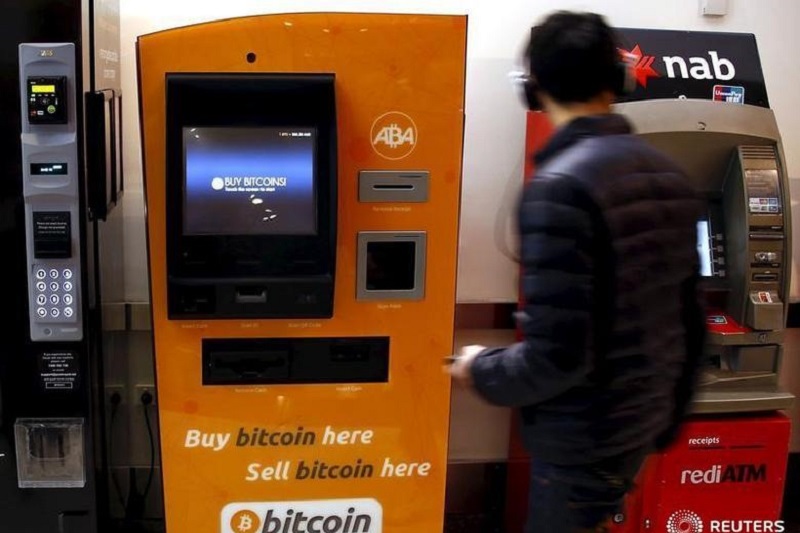- President Bukule faces criticism as BTC sinks under $23,000 for the first time since Dec 2020.
- Finance Minister Alejandro Zelaya reassures that “the fiscal risk is extremely minimal.”
- Zelaya states the $40 million loss doesn’t even reflect 0.5% of their national budget.
The first nation to legalize bitcoin (BTC) within its borders faces a substantial loss from its BTC stack, however, the Finance Minister, Alejandro Zelaya reassured that this recent market crash will not impact the country’s fiscal health. BTC’s value has dropped 50% since it has been legalized in the country
El Salvador minister says Bitcoin crash poses ‘extremely minimal’ fiscal risk https://t.co/JBZNyWFZ4I pic.twitter.com/dVJfNefBLi— Reuters (@Reuters) June 14, 2022
Last September El Salvador declared BTC an official currency alongside USD, despite backlashes by the International Monetary Fund (IMF) and the credit agencies since the president of the nation, Nayib Bukele believes in BTC.
Starting from the initial investment of 400 BTC (worth $20.9 million, at that time), Bukele has continually bought the dip, buying more BTC every time the price dropped. The highest Bukele paid was $60,300 per BTC, while the lowest was $30,700 last month when 500 BTCs were added to the collection. BTC is trading at its lowest now since December 2020.
Although the nation is currently experiencing a loss of nearly $40 million on the 2,301 BTC it bought with public funds, the nation’s finance minister is hopeful that it won’t reflect on the country’s financial health since the $40 million doesn’t even reflect 0.5% of their national budget.
Speaking at a press conference, Zelaya pointed out that the recent plummet has not slowed down BTC adoption and thereby remarked:
When they tell me that the fiscal risk for El Salvador because of Bitcoin is really high, the only thing I can do is smile. The fiscal risk is extremely minimal.
Meanwhile, The Bitcoin City Project that was supposed to launch in March goes on hold as the government postpones its $1 billion ‘volcano bonds’ that were supposed to go into the project. It was expected that this money could also help the nation meet its fiscal obligations.
